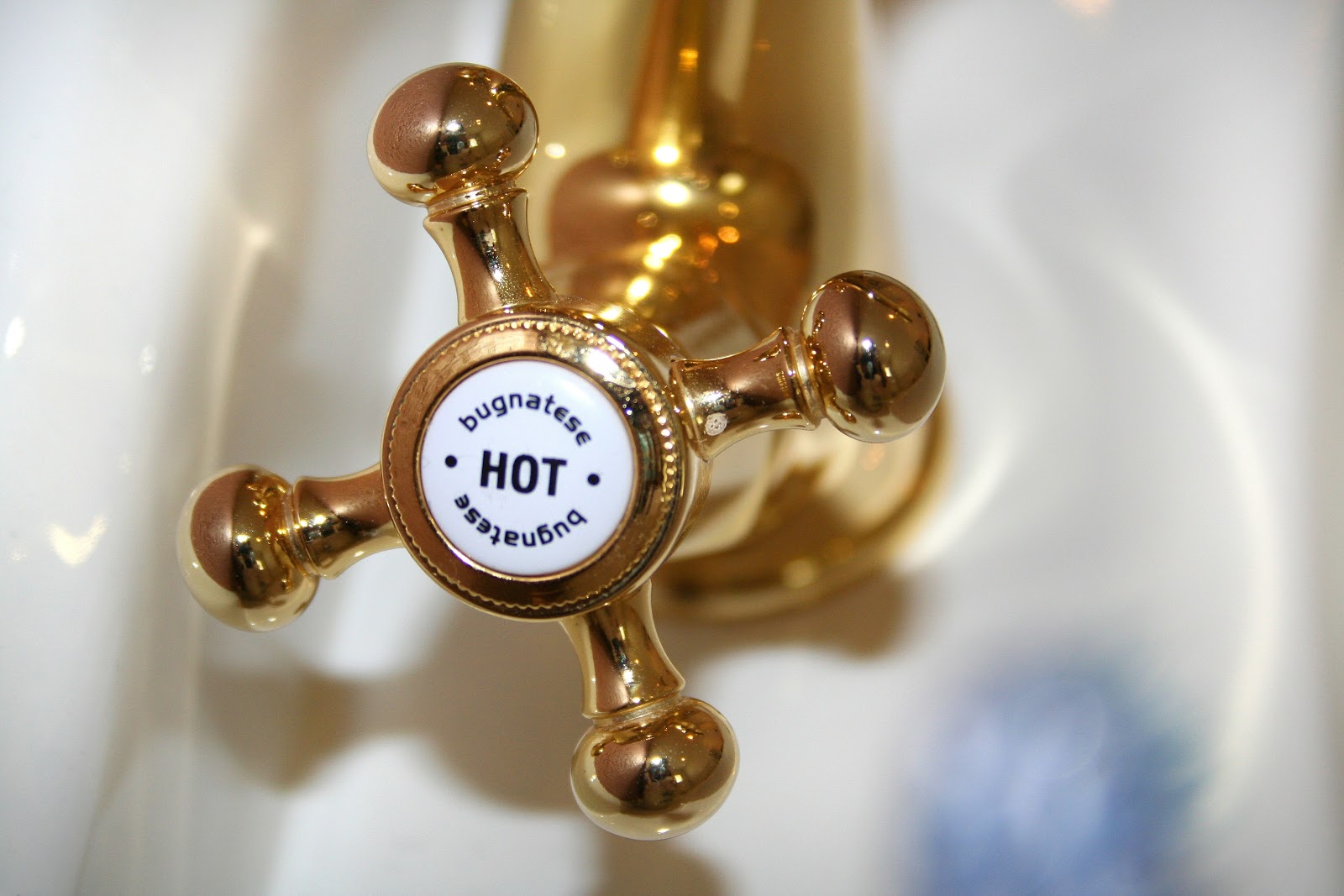How To Get Your Water Heater Ready For Fall
In the heat of the summer, it’s easier to get away with cooler showers, and the hot water being used in our houses seems to last longer when the weather is warm.
Yet, once the temperatures start to dip each autumn, most homes begin increasing their hot water usage.
But before the cold weather arrives each year, it’s a good idea to prepare for this increased usage with some water heater maintenance.
Regular yearly maintenance will ensure that your water heater is ready to provide you with long warm baths all season long. And by taking these extra steps now, you’ll decrease your chances of running into major hot water heater issues in the dead of winter.
Today we will cover some basic steps for getting your hot water heater ready for Fall.
Check Your Valves
Your hot water heater has something called a temperature and pressure relief (or TPR for short) valve.
This valve is designed to open and release excess pressure as needed.
But – if your TPR valve is not working properly, the pressure inside your hot water heater tank can build up. This pressure can cause leaks, or in some cases, a tank explosion.
Because of this potential for damage, checking your TPR valve is an important part of Fall water heater maintenance.
To check your valve, shut off both your water and power supply.
You will also need to put a bucket underneath the drain pipe that is connected to the valve on your heater.
To test the valve, simply lift the valve’s tab and close it again a few times.
If water flows out when the valve is closed, or little to no water flows when it’s open, you’ll need to get a replacement TPR valve.
Check Your Vents
In this season, it’s a good idea to check all of the intakes and exhausts on your water heater.
If debris, leaves, or garbage build-up around the exhaust or oxygen intake, your water heater will struggle to work properly.
Or worse yet – if a blockage is bad enough, it can even cause carbon monoxide to build up in your home.
Use the onset of Fall as an opportunity to check and see that your water heater is clear of any potential blockages.
Insulate Your Tank
One way to help your water heater run more efficiently is to insulate the pipes and tank itself.
You can get insulated blankets at many hardware stores, and by wrapping the pipes, valves, and walls of your water heater, you will be able to prevent heat loss during the colder months.
This will help your unit to retain heat even more effectively.
But beware – you never want to cover the top of a gas water heater.

Adjust Your Temperature
It’s always recommended that you set your hot water heater thermostat to no higher than 120*F.
(Anything higher can cause nasty burns.)
But, if you want to conserve more energy this Fall, try a lower setting.
You can save significantly on your energy bill just by dropping your normal water temperature a few degrees.
Check Your Anode Rod
According to PhD Mechanical Inc, “A magnesium or aluminum rod (called an Anode Rod) inside your tank helps to protect it against rust by attracting the corrosive elements in water so that it rusts before the tanks does.”
To check that this anode rod is in good working condition, PhD recommends you start by turning the power and water supply off in your home. Next, unscrew the rod’s hex head located on the top of the tank with a socket wrench.
PhD says, “Pull the rod out of the tank. If it’s down to ½” in diameter or less, replace it with a new one which can be purchased at most hardware and home improvement stores. Wrap the thread with Teflon tape and screw the new rod in place securely.”
Flush Your Water Heater Tank
Because sediment can collect in the bottom of your hot water tank, it’s a good idea to periodically flush your tank out.
This is a simple task that you can complete yourself at home.
While not the most glamorous of seasonal tasks, checking up on your hot water heater is a necessary part of home maintenance.
With these quick steps, you can rest easy knowing that your hot water heater will be running safely and effectively all season long.
If you’d like help giving your water heater a tune-up, contact us today at Marquez Plumbing.
Free Plumbing Estimate
We provide free estimates for all our customers.
